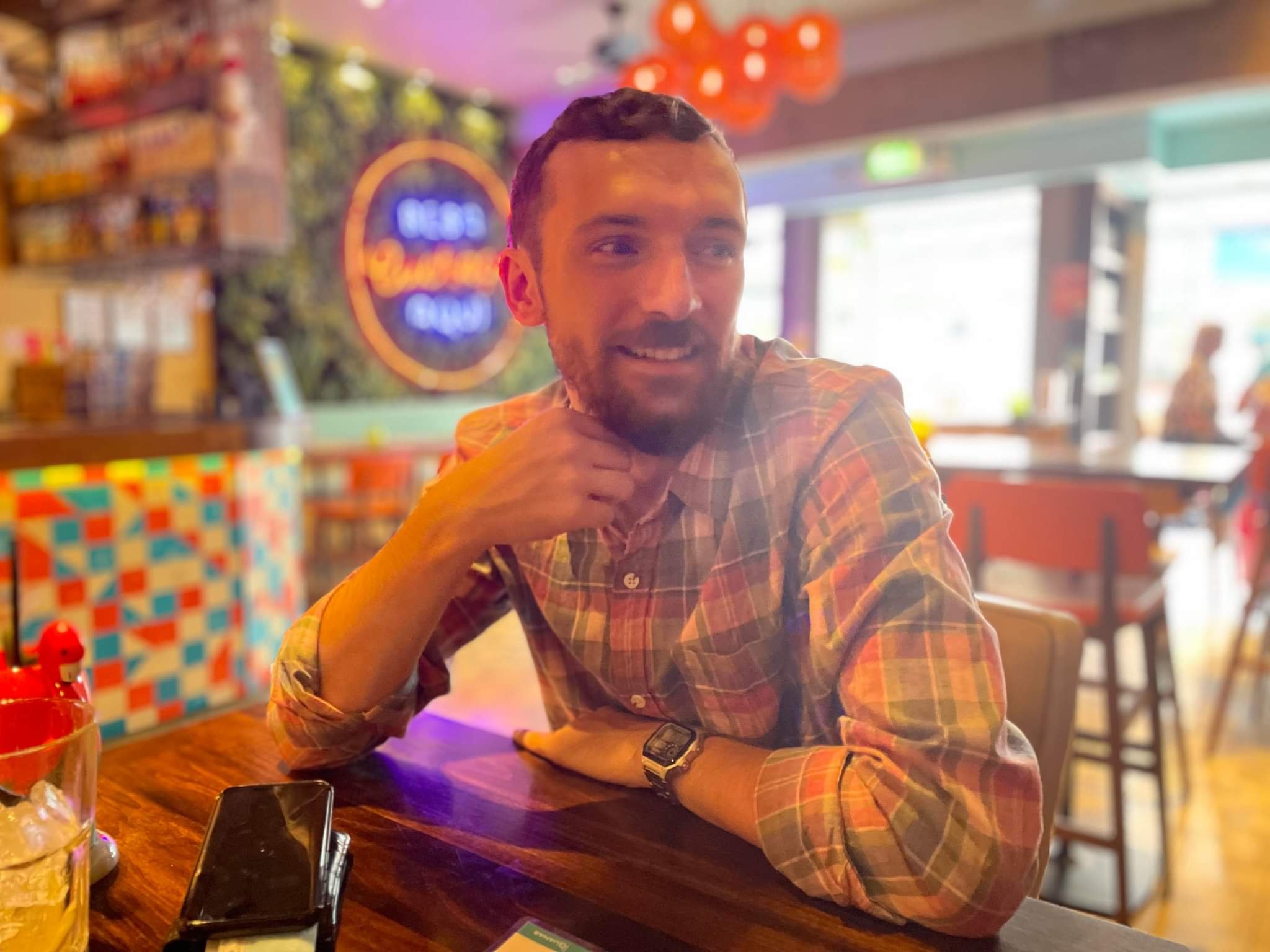There has been a historic digital trade deal established between the UK and Singapore on the 9th December 2021. A press release about the Digital Economy Agreement has been given by the UK Government Department for International Trade (DIT). The press release summary reads:
International Trade Secretary secures agreement in principle on a digital trade deal with Singapore
The Digital Economy Agreement - the world’s most comprehensive digital trade agreement - will capitalise on our strengths as the world’s second largest services exporter and leading digital hub
More opportunities for UK firms to target advanced, tech savvy and rapidly expanding markets in Asia
A full press release is available in PDF here, or on the Department for International Trade site here.
Awen Collective is featured twice in the Press Release, alongside other great British companies:
“A third of our exports to Singapore are already digitally delivered, including in finance, advertising and engineering, and this deal will create new opportunities to expand digital trade. Services companies will be the big winners, from financial and telecoms giants like Standard Chartered or BT Group to software companies like Wales-based Awen Collective.”
and
“The deal establishes a new partnership with Singapore to build ever-stronger cybersecurity defences against attacks by private operators or hostile states, which are a growing threat to individuals and businesses. Companies like Coventry’s CyberOwl and Caerphilly-based Awen Collective have set up in Singapore and are poised to be at the forefront of protecting critical national infrastructure and businesses against cyber risks, fraud, money laundering, terrorism funding and organised crime”
CEO & Cofounder of Awen Collective, Daniel Lewis said:
“The cyber security of our critical national infrastructures such as energy, water, transportation, smart cities and other industrial sectors is a key concern for the UK Government, Singapore Government and many other governments around the world. This agreement takes us a step closer to building more secure and more resilient societies, and Awen Collective is very proud to be part of the solution. We will be taking full advantage of the benefits that the agreement brings, and look forward to working collaboratively with our Singaporean friends going forward.”
Awen Collective is an Industrial Cyber Security Software company whose mission is to make society safer by reducing cyber risks within the sectors on which we rely daily. Awen has two products: Profile, an industrial cyber security compliance system, and Dot, an Operational Technology asset and vulnerability discovery system. Awen Collective was founded in Wales in 2017, and is a registered company in England & Wales with a wholly-owned subsidiary in the Netherlands. An ecosystem of Awen partners assist in international operations, including in Singapore and across Asia Pacific. For further details please visit: https://www.awencollective.com/












